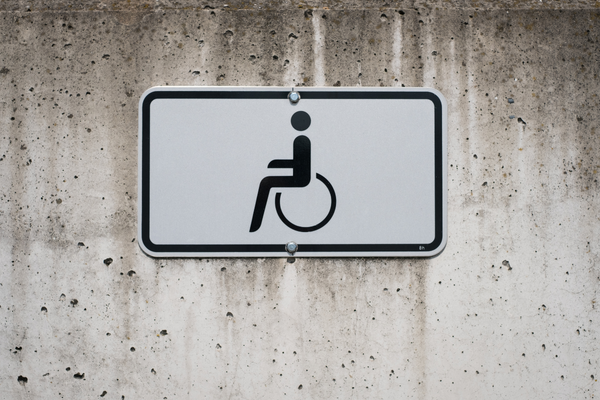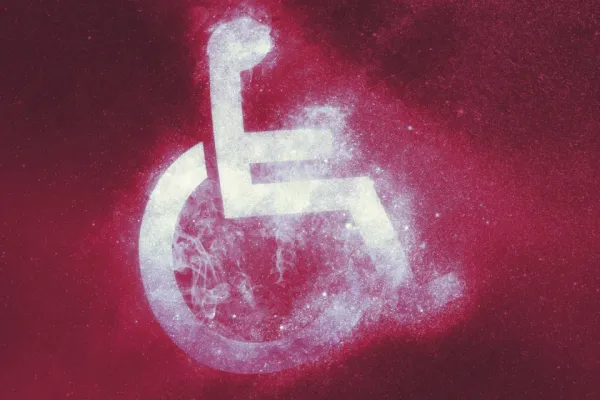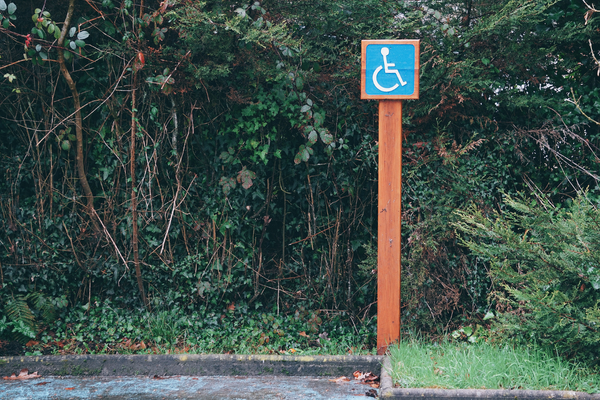4/24/25 - Cuts, discounts, and reflections on the global disability community
Disability communities and movements everywhere need more of that skill – to appreciate what works and what energizes us, while never ignoring where we fail, or the real dangers we face.
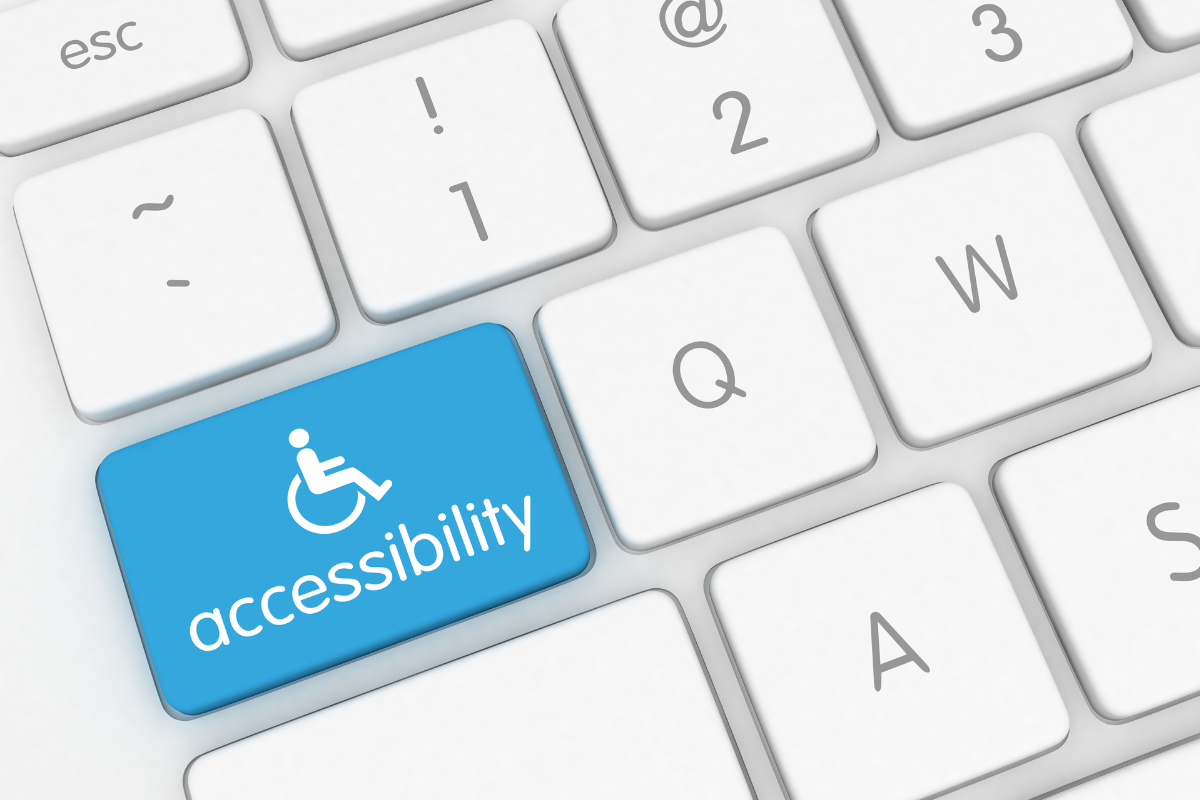

Today's three articles end up shining light from some interesting angles on what different kinds of disability work mean and where their value lies.
NCIL, APRIL, and NASILC Full Joint Statement on Leaked Memo on Proposed Budget
National Council on Independent Living - April 22, 2025
"The National Council on Independent Living (NCIL), the Association of Programs for Rural Independent Living (APRIL), and the National Association of Statewide Independent Living Councils (NASILC) have reviewed the recently leaked internal budget document from the Office of Management and Budget (OMB). That document proposed cuts to specific programs, amounting to a cut of about 30% of the Health and Human Services (HHS) discretionary budget. While this document does not represent a formal or final proposal from the White House, it does give us a peek into what OMB and HHS may propose to Congress."
It's interesting that funding for Centers for Independent Living is not to be cut, and in fact may get a small increase – that is if the leaked list turns out to be accurate. I'm not sure what that would signify. Maybe Congressional Republicans and the Trump administration think that the Independent Living network is too big and spread out to just eliminate – since it is comprised of independent nonprofit organizations run by disabled people in every state and territory of the U.S. That would perhaps be a sign of Independent Living's strength, at least superficially. Or, maybe they want to use CILs as a sort of alternative / consolidation of all the programs they want to eliminate. That would be impossible and probably dishonest, with CILs at level funding, apart from what looks like a token boost in a separate funding stream.
Of course the bigger news is all the truly valuable and essential programs set to be simply eliminated. All of them are important. But the one that may have the worst and most direct impact on disabled people and seniors is elimination of the Long Term Care Ombudsman Program. This is an extremely cost-effective and functionally effective program that trains and supervises volunteers to go into nursing facilities and help resolve problems, including finding and addressing poor conditions and abuse. Nursing facilities are pretty awful as it is. I can't imagine how much worse they could get without locally-based watchdogs regularly on site.
Texas Senate bill would nearly double property tax exemption for seniors, people with disabilities
Hannah Norton, Community Impact - April 22, 2025
"On the Senate floor, Sen. Nathan Johnson, D-Dallas, said he was concerned the proposed tax cut would not help seniors who rent their homes. He said a majority of older Texans are housing cost-burdened, meaning they spend at least 30% of their income on housing expenses ... 'This bill would provide some financial relief for people over 65 who own their homes, and nothing for that larger cohort of people over 65 who are renting and struggling with their housing costs,' Johnson said."
I’m never quite sure how to feel about this sort of disability-related legislation. Property tax reductions can seem like benefits for people who are already pretty comfortable financially – even giveaways to the rich. On the other hand, such class and income distinctions can be a lot more fluid for people with disabilities. It is true, as the Texas State Senator says, that most disabled and elderly people are renters who don't benefit from property tax discounts. But there are also a lot of disabled people who have managed to own their own homes, but are still always just a paycheck or financial emergency away from being in dire straits financially. For some disabled people, home ownership is essential to basic independence, in a way that's different from non-disabled homeowners.
Coming together as we fall apart
Peter Torres Fremlin, Disability Debrief - April 23, 2025
"International efforts on disability are often in the context of different practices at home. To some extent those of us working internationally have avoided facing this directly, instead taking progress where we can get it ... Some of this tension was present in Germany, which practices wide-ranging segregation of disabled people. At primary school level, Germany segregates disabled children at twice the average of European countries. And at the same time, it gave €5 million to support inclusive education in Jordan."
This is a bit of a long read. But it's engaging and absolutely worth the time and focus. I won't comment on the substance of what Peter says about the Global Disability Summit and what that gathering discussed. There are too many interesting things to do any of them justice. But I do want to say again how much I admire Peter Torres Fremlin's ability to both see and communicate the good and bad of events like this. Disability communities and movements everywhere need more of that skill – to appreciate what works and what energizes us, while never ignoring where we fail, or the real dangers we face.
Don't forget to give a thumbs up, thumbs down, or comment on this newsletter down below. And please do share it with any others who you think might be interested.

Action Alerts
Opportunities to take action on disability issues ...


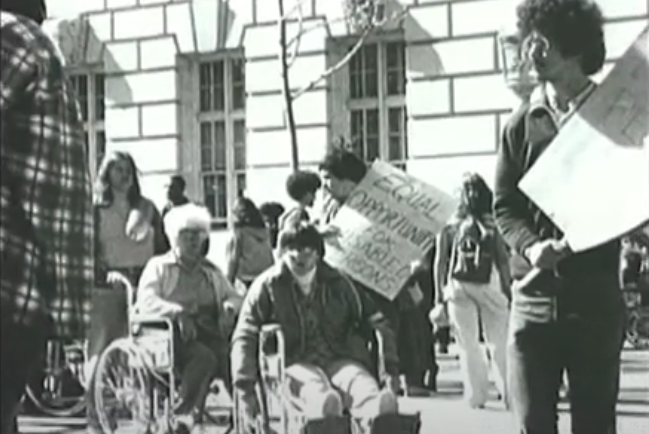
Disability Thinking Weekday is a Monday-Friday newsletter with links and commentary on disability-related articles and other content. Please like, share, comment, and subscribe — for free, or with a paid subscription. A free subscription brings a newsletter to your email each weekday, and gives you access to Comments. Benefits of paid subscription include:
- A monthly recap with links to all of the previous month's shared articles, organized by topic.
- Listing as a supporter, and a link to your website if you have one.
- You can recommend one disability-related article for me to share per month in a weekday post.
To to subscribe, or check and change the status of your subscription, click this button:
I am so grateful for your help and engagement, in whichever forms you choose!



